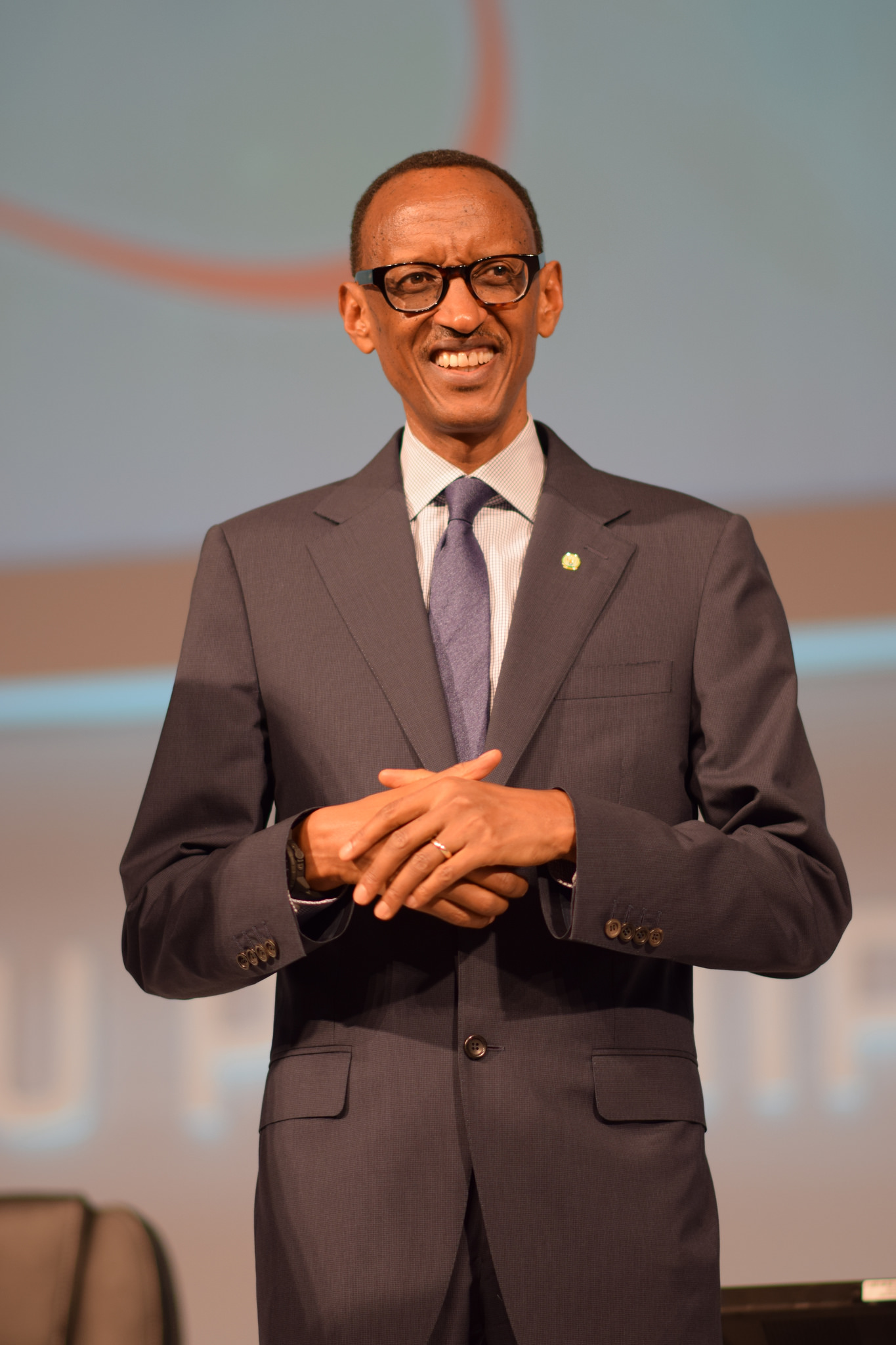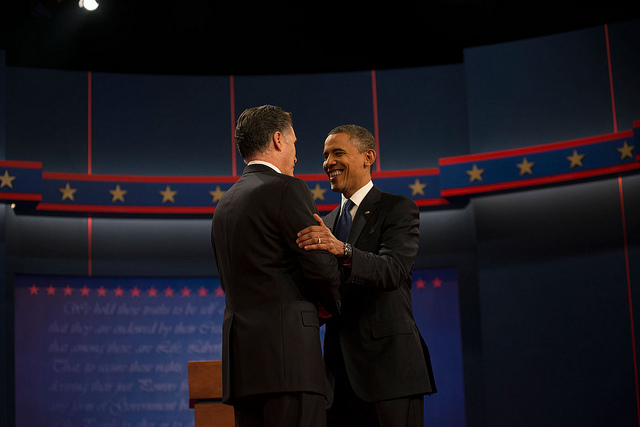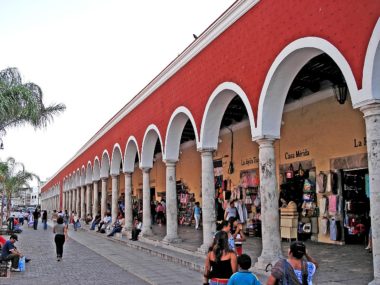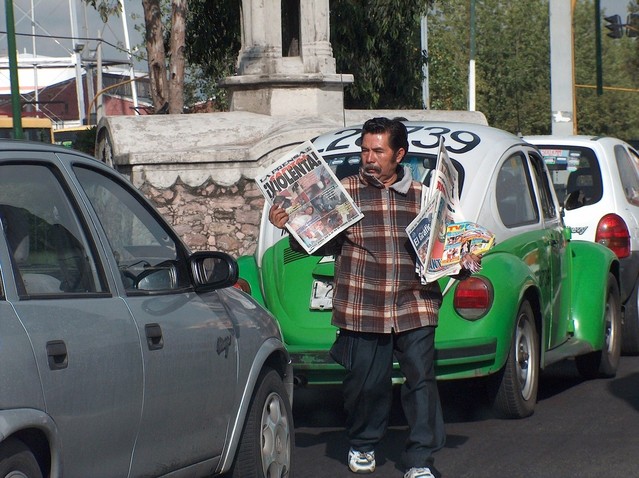By Kara Kingma Neu and Deborah Avant.
Scholars of democratization in Africa have witnessed a troubling trend: an increase in presidents’ attempts to change laws (and constitutions) in order to to retain power in the face of opposition electoral victories or term limits. These power grabs have been described as “constitutional coups”. When popular protests contest these coups, however, militaries play an important role in countries’ democratic futures. President Blaise Compaore of Burkina Faso and President Faure Gnassingbe of Togo faced protests in late 2014 over their attempts to override term limits. While the military in Burkina Faso removed support from Compaore, forcing him out of office, Gnassingbe successfully deployed tanks against his challengers and was reelected in April 2015. Civil-military scholars often claim that military withdrawal of support undermines civilian control and is thus problematic. But military defection in cases like Burkina Faso can nudge countries toward democracy, while repression as in Togo pushes in the opposite direction. As such, it may be time to re-think this claim.
There are reasons to be (cautiously) optimistic about democracy in Africa overall – regular elections are more common, opposition parties exist and participate (even if at a disadvantage), and there has been a welcome decrease in the number of military coups. The growth of constitutional coups (described in this Foreign Policy article) is less encouraging. This strategy has helped Obiang Nguema Mbasogo of Equatorial Guinea, Jose Eduardo dos Santos of Angola, and Robert Mugabe of Zimbabwe remain in office for more than three decades. President Yoweri Museveni of Uganda has been in power since 1986 and changed the constitution to maintain his rule. Similarly, Rwanda held a constitutional referendum in December that approved President Kagame’s desire to change term limits such that continued electoral victories could see him in power until 2034.
Civil society groups and opposition parties often meet these power grabs with protest. In many cases the police, military, or other security forces respond to popular protests with force. In the Democratic Republic of the Congo, for example, 42 people were killed by security forces during January 2015 demonstrations against President Joseph Kabila’s attempt to postpone elections and remain in power past constitutional term limits. Protests in Burundi against a controversial constitutional amendment that allows President Pierre Nkurunziza to pursue a third term have been violently repressed by the police and intelligence services. Attempts at peace talks and a proposed intervention by African Union peacekeepers have not ended the instability.
In these – and similar – instances, security forces did not stage coups in support of the president’s attempt to stay in power. Yet, by remaining loyal to the government and repressing the opposition, security forces unquestionably played a role in the success of these constitutional coups. In October 2015, security forces in Congo Republic used lethal force against demonstrations seeking to defeat a constitutional referendum that would allow President Denis Sassou Nguesso to run for a third term. The vote went on as planned despite allegations of fraud by the opposition. By following the respective president’s orders to repress, troops in the Congo – as well as the DRC and Burundi – indicated continued support for their rule and the subsequent constitutional maneuvering and electoral fraud.
Militaries have another choice, however. They may decide to back the protesters or opposition in various ways, with major implications for a country’s political future. In Senegal, President Abdoulaye Wade had been in office since 2000 and ignored the constitutional two-term limit to stand for reelection in 2012. He lost the final round of elections to Macky Sall and, in a surprise to many, conceded defeat peacefully. This was in part a response to ongoing demonstrations by a group of opposition movements calling themselves M23. But also important was the sense among Wade’s security forces that he had lost, thus motivating their decision to discontinue support for him. A similar dynamic in Malawi led President Joyce Banda to concede defeat in May 2014.
The much cited military coup in Burkina Faso is in many ways a case of strong military action in support of protests. President Compaore was removed by the military amid mass protests against a constitutional amendment that would have abolished term limits. The country faces continued challenges (including a September 2015 coup attempt by the presidential guard) but Roch Marc Christian Kabore’s election marks the first time a non-incumbent president came to power through means other than a coup. Burkina Faso, Malawi, and to a lesser extent Senegal are a long way from being model democracies. The turnovers through elections and upholding of their constitutions (including term limits), though, are more democratic than not – and they were successful because they were supported by their militaries.
The civil military relations literature has fixated on coups and keeping militaries out of power – civilians, it is often said, have “a right to be wrong” and still command troop loyalty. But military action in the midst of crisis is inherently political – whether they support the regime through repression or continued loyalty or remove their support or choose to support the opposition protesters or seize power through a coup (indeed, scholarship on nonviolent campaigns has shown they often achieve success in part because they generate security force defections). It is time to seriously study the positive and negative roles militaries play short of seizing power. Recognizing that militaries can play positive roles – and understanding and encouraging such behavior – may generate another point of leverage through which transnational and domestic actors nudge countries toward democracy.
Kara Kingma Neu is a PhD candidate and Research Fellow at the University of Denver’s Sié Chéou-Kang Center for International Security and Diplomacy.






1 comment
Interesting assessment – what is your opinion of the effect on exposure by the cited militaries to US/Western military ways of thinking/doing business?